South Korean nurses strike after president rejects bill on working conditions
Tens of thousands of South Korean nurses have gone on strike after President Yoon Seok-yul vetoed a bill to raise their salaries and improve working conditions.
The bill had passed South Korea's parliament last month after protests by doctors who said the new law would open the way for nurses to provide medical services without a medical license.
Nurses say the doctors' claims are unfounded and the country needs more care facilities to cope with a rapidly aging population.
In vetoing the bill, Yoon said the new law caused too much conflict among medical workers and that practicing nurses outside of medical institutions would cause public concern about the health care system.
Led by the Korean Nurses Association, the protesters on Friday strongly denounced Yoon, saying he had abandoned his promise as a presidential candidate to improve nurses’ working conditions.
“We will make the politicians and the bureaucrats pay the price for leading the president to veto the Bill,” association president Kim Yeong-kyeong said, referring to next year’s general elections, during a demonstration in Seoul’s bustling Gwanghwamun district.
South Korea's Health Minister Cho Kyoo-hong chaired an emergency response meeting on Friday, urging medical facilities to prevent strikes from affecting patients and their treatment processes.
During a cabinet meeting Tuesday morning, Yoon vetoed the newly legislated Nursing Act, which has sparked fierce tensions between doctors and nurses.
It is Yoon's second veto of a bill, following his veto of an amendment to the Grain Management Act last month.
After returning a bill to the National Assembly, it must be approved by two-thirds of the members of the parliament to override the veto.
However, this is unlikely as the ruling People's Power Party (PPP) holds 115 of the 300 seats in parliament.
The bill was approved by the National Assembly on April 27 by the Democratic Party (DP), which holds more than half of the 300 seats in the House.
Earlier this month, more than 10,000 South Korean community doctors and certified nursing assistants went on strike to protest the nursing bill they fear would hurt their jobs, even as it improves nurses' pay and working conditions.
The bill was originally intended to help nurses who are fighting on the front lines of the fight against Covid-19.
EU Parliament halts US trade deal after Trump tariff threat
VIDEO | An unchecked presidency
VIDEO | Deportations strain Afghanistan’s fragile economy
‘Full-scale atrocity’: Iran security body reports 2,427 martyrs in US-Israeli-led riots
Smallest coffins are the heaviest: The three youngest victims of foreign-backed riots in Iran
Hamas warns of ‘systematic Israeli violations’ as Gaza ceasefire teeters
Israeli strikes kill 11 across Gaza, including children and journalists: Palestinian medics
US forces transferring Daesh prisoners from Syria to Iraq: CENTCOM


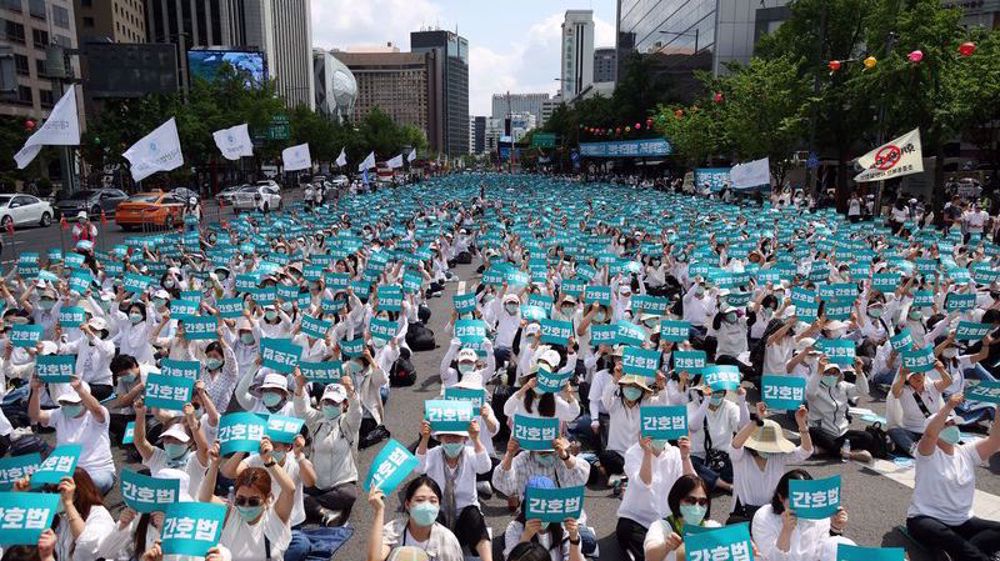
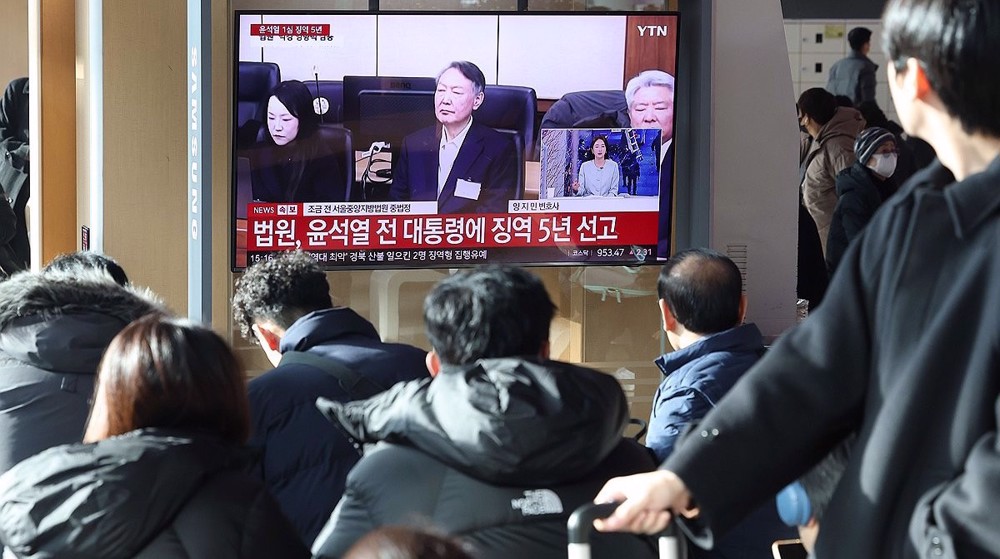
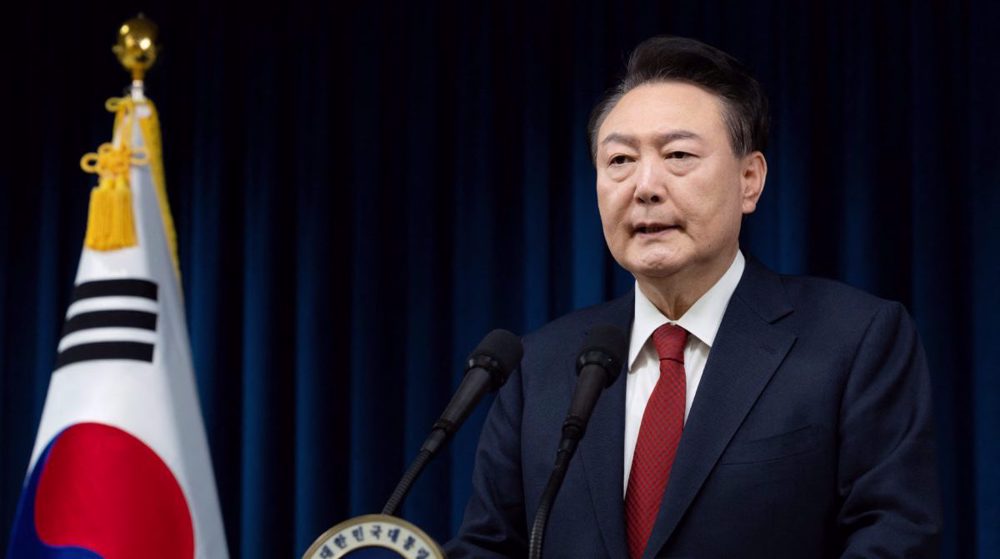
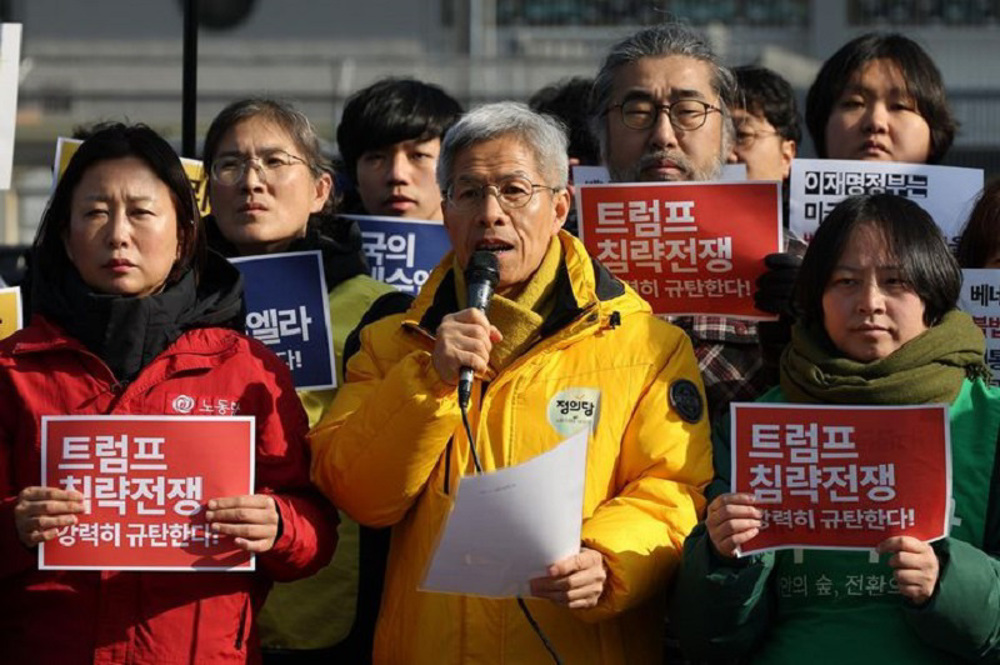



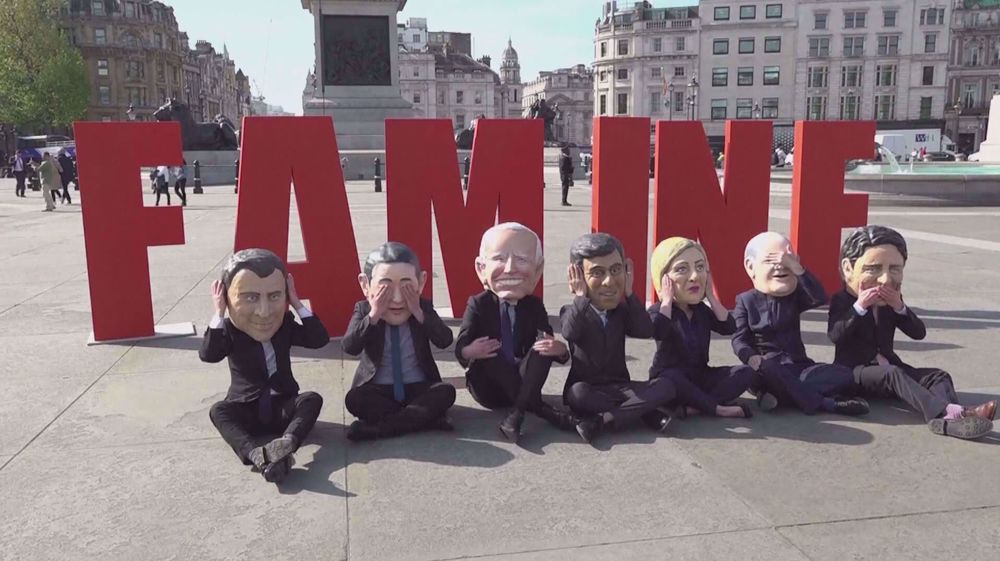
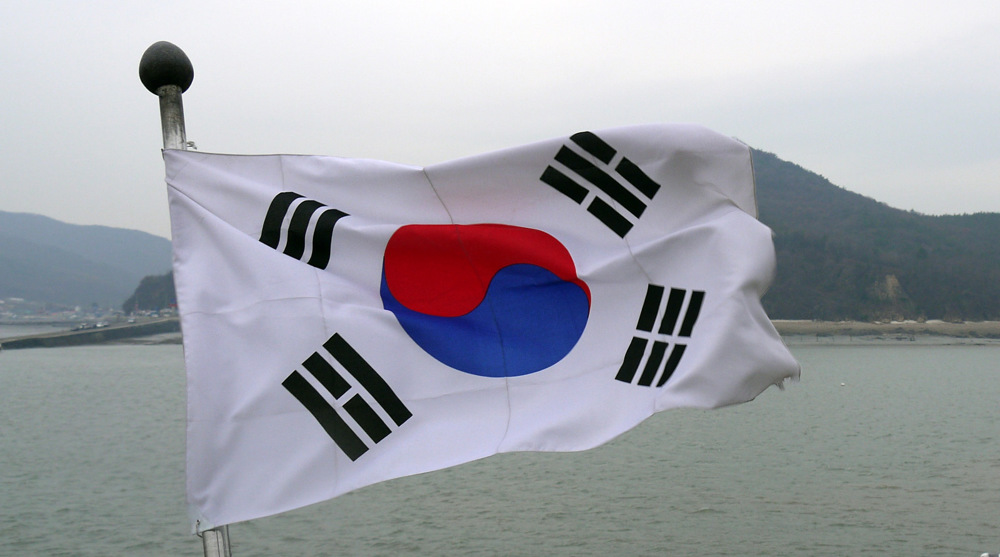
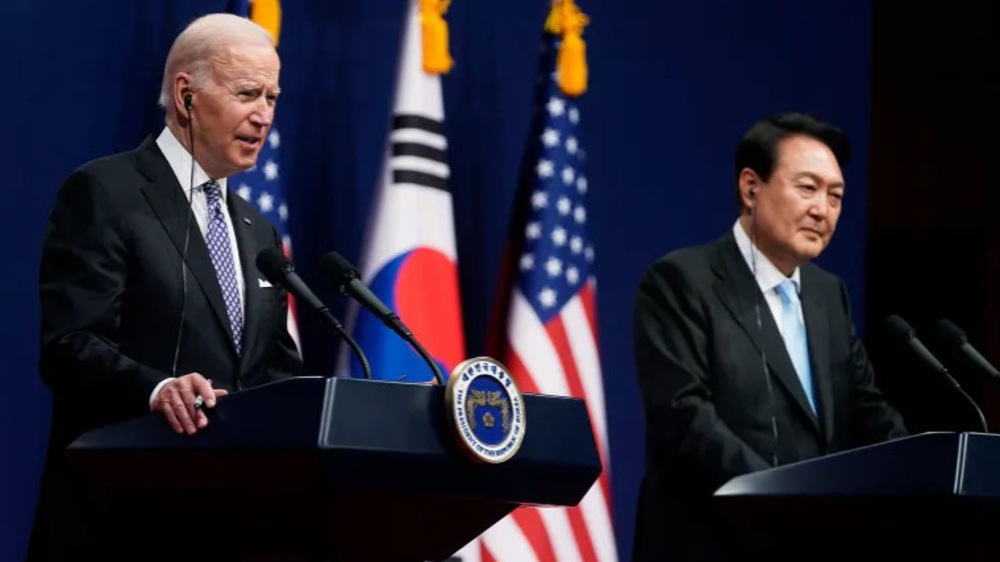
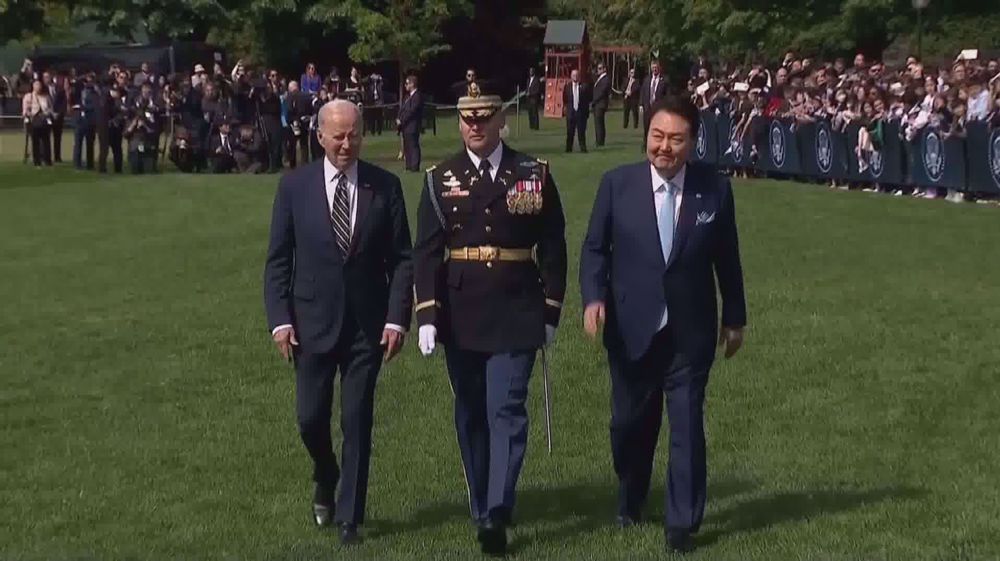

 This makes it easy to access the Press TV website
This makes it easy to access the Press TV website